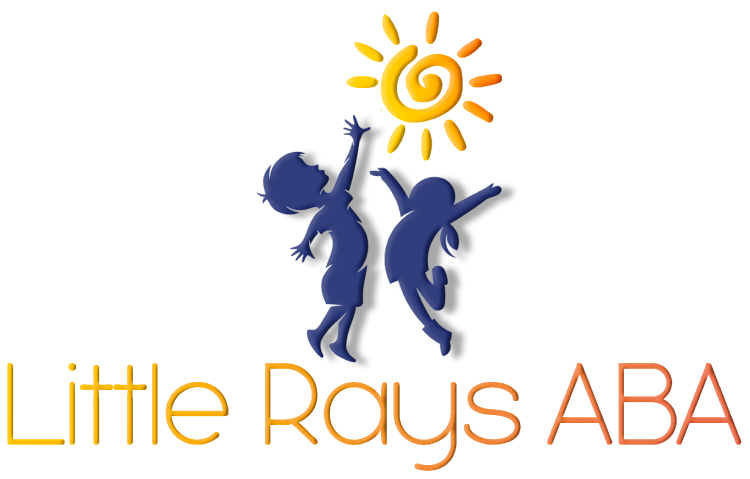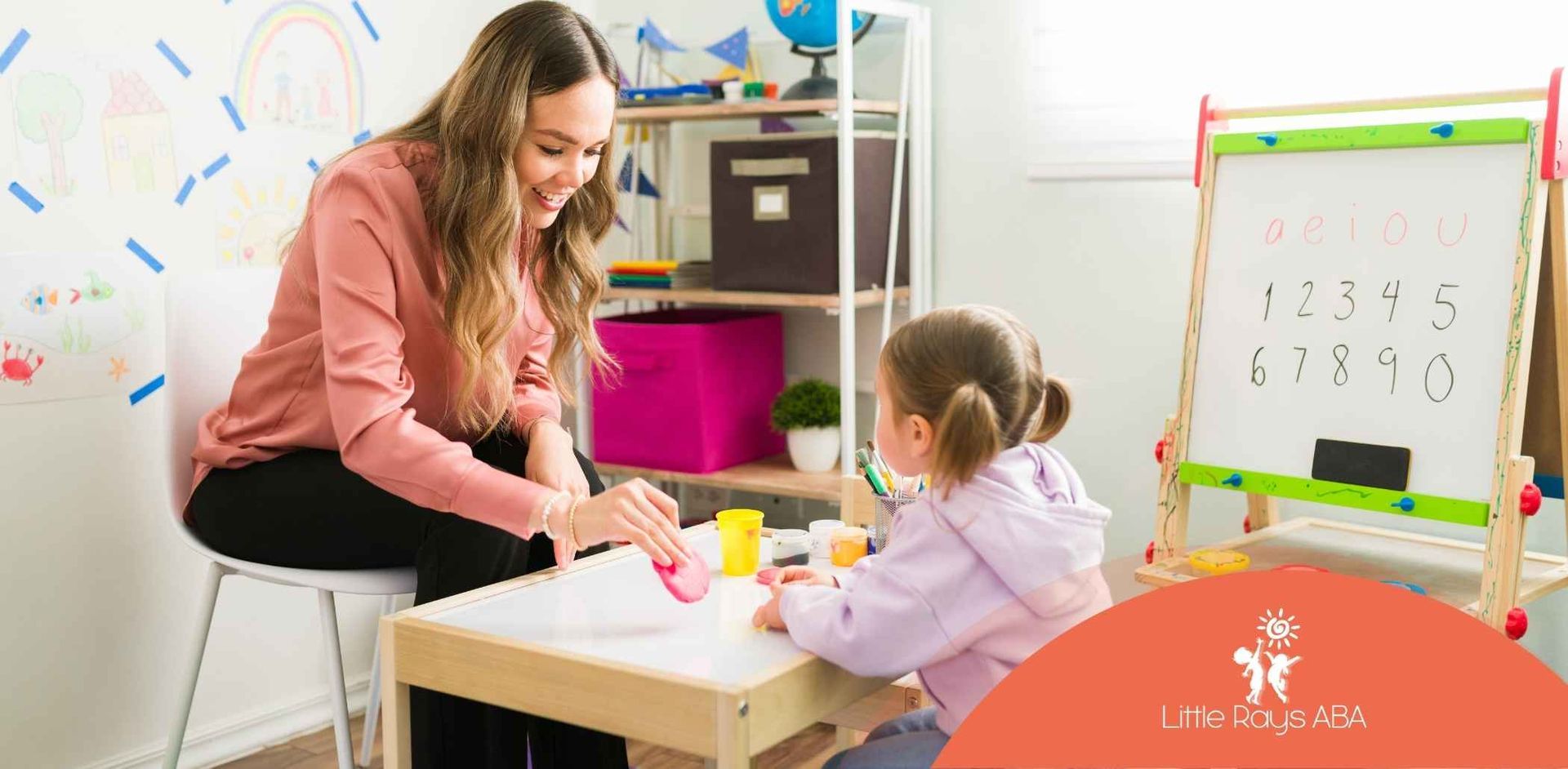
Autism vs. Speech Delay: Key Differences Every Parent Should Know
Autism and speech delay can sometimes look similar in young children, especially when they’re not talking as expected. However, there are important differences between the two.
Speech delay is typically limited to difficulties with speaking or forming words. A child with a speech delay may understand what’s being said, use gestures to communicate, and show typical social behaviors like eye contact and playing with others.
Autism Spectrum Disorder (ASD), on the other hand, affects more than just speech. Children with autism may also struggle with social interaction, eye contact, joint attention, imaginative play, and repetitive behaviors. While some autistic children have delayed speech, their communication challenges usually go beyond language—often involving difficulties in understanding social cues and connecting with others.
Distinguishing between the two is important because they require different approaches. A child with speech delay may benefit most from speech therapy, while a child with autism may need ABA therapy to address broader developmental areas.
Frequently Asked Questions
Is speech delay the same as autism?
No, speech delay affects language; autism affects social communication and behavior.
Can a child have both autism and speech delay?
Yes, many autistic children also have delayed speech.
How can I tell the difference?
Look for social signs—autistic children often struggle with eye contact and social play.
Related Posts





